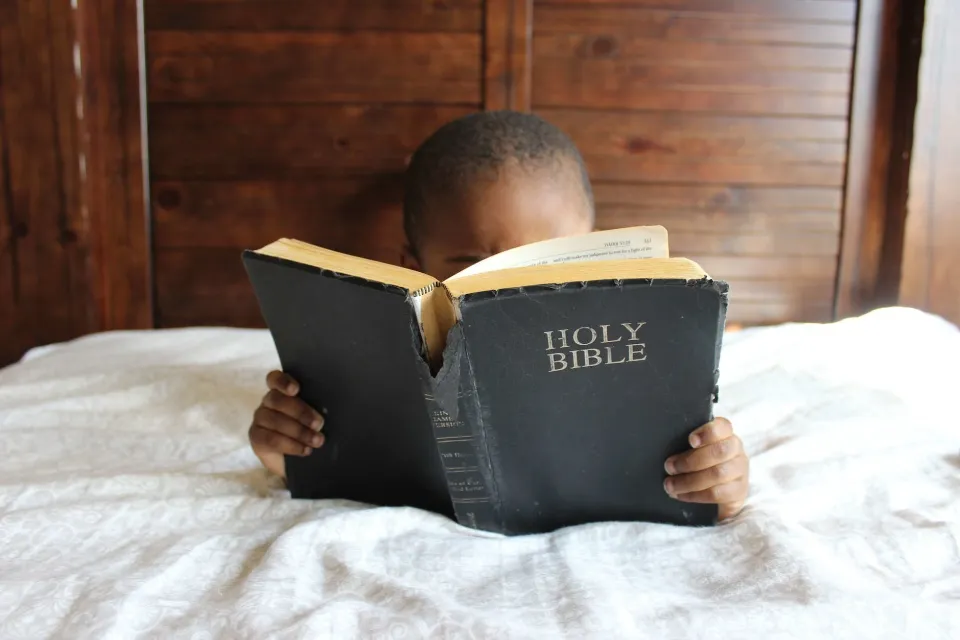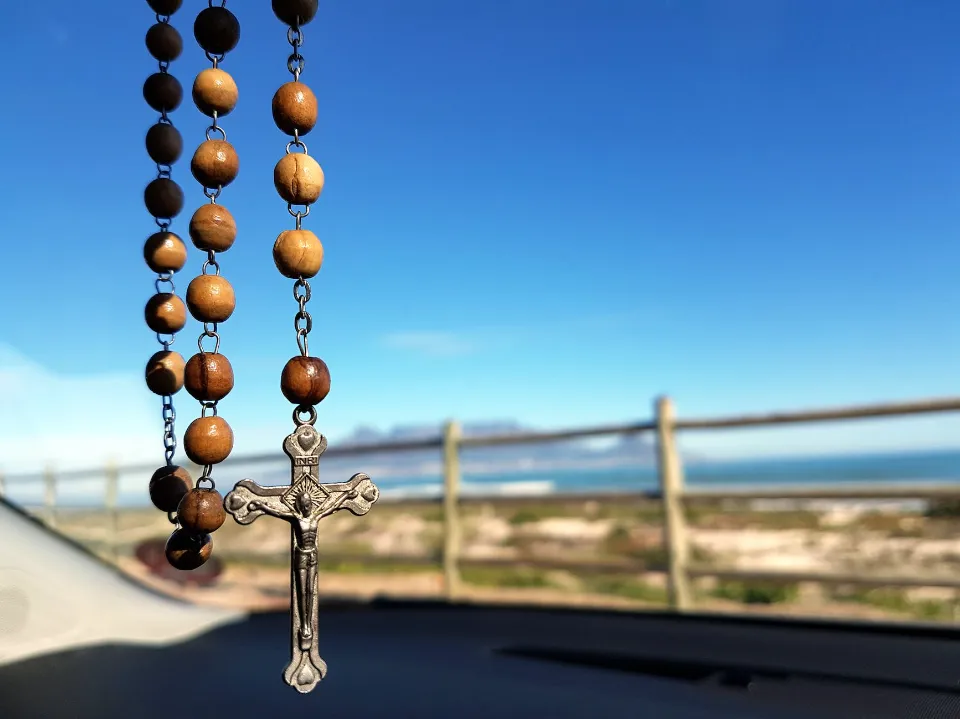
What is Secular Homeschooling? Guide to a Secular Homeschool Curriculum
What is secular homeschooling and what is a secular curriculum can be analyzed using the following factors.
How you will homeschool is one of the first important decisions you will make as a new homeschooler. Homeschoolers typically align themselves with one of two main schools of thought: secularism or faith-based education. Usually, your worldview or that of your family is the source of these two points of view.
For some families, it is a simple decision, but let’s delve a little deeper in case there are any questions.
What is Secular Homeschool Education?
The majority of the time, public schools provide a secular education. Teaching without incorporating any religious viewpoints is known as secular education. Though you present religions in a neutral manner when you teach from a secular standpoint, you do not exclude them.
Historically, secular education has primarily been provided by public schools. Secular homeschooling, on the other hand, is expanding and has been for some time. Many different kinds of families prefer homeschooling to public schools.
Finding secular curricula, support groups, and resources is now simpler thanks to the growth of the secular homeschooling community.
What is a Secular Homeschool Curriculum?

A course of study that does not advance any particular religious viewpoint is generally referred to as a secular homeschool curriculum.
This kind of curriculum is not associated with any particular religion and does not include any religious instruction or content (aside from perhaps that which is strictly academic).
Contrary to popular belief, secular programs do not have any restrictions on their specific homeschooling philosophies.
There are many different types of secular curricula, including secular unschools, secular literature-based programs, secular inquiry-based programs, secular school-at-home programs, secular Montessori programs, and more.
Don’t Confuse the Curriculum With the Education
Maybe you see a phrase like BookShark uses—faith-neutral curriculum. Don’t confuse that label with a faith-neutral education because there is a difference. You can choose a secular curriculum and educate your children at home without regard to religion.
Alternatively, if you’re a Muslim or a Christian, you can homeschool your children using a curriculum that isn’t biased against any particular religion. When it comes to labels, it’s like a game of match-ups!
The right to teach our children according to our beliefs is a point of agreement among all homeschooling families, regardless of their political views. You are the ultimate teacher of your views whether they are faith-based or non-religious. Although a curriculum can assist you, the responsibility ultimately rests with you.
Real education is what you receive on a daily basis from your teachers, tutors, and role models. You have the freedom to make thoughtful decisions when the curriculum is secular. So a family that chooses a faith-neutral curriculum may actually have a faith-steeped education—or not. One is not always related to the other.

A few decades ago, it appeared that there were more secular and religious homeschoolers. Either your family followed evolution and did not practice any religion, or you belonged to a religious (typically Christian) family that believed in creation. The homeschooling community has changed, and this straightforward dichotomy is no longer valid.
Secular homeschooling families can now be classified as either religious or non-religious.
Why Would Parents Want a Secular Homeschool Curriculum in Particular?
A parent might pick a secular homeschool curriculum over a neutral or religious one for a number of reasons.
They Are Not Religious
Naturally, the most obvious explanation is that the parents are simply secular themselves.
They may not practice any religion or may not be particularly religious, but regardless of their views on religion, they are not homeschooling for this reason and don’t want to modify a religious or secular curriculum to suit their needs.
They Don’t Want to Influence Their Child’s Religious Choices
Many parents want their children to find their own paths in life, while others may be spiritual but not particularly devout to any one religion.
To avoid prejudicing their children, such parents might search for a secular curriculum and exclude religious material from their homeschooling.
They May Be Religious But Want to Keep Religious Instruction and Academic Instruction Separate

While some parents may be devout, they simply prefer to keep their children’s religious education and K–12 education apart.
There are many possible reasons for this, such as wanting to focus on core subjects during homeschool time, having specific disagreements with the Science teaching that religious curricula offer, or simply wanting to leave religious instruction in the hands of the clergy or an organization,
They Follow Another Stream Or Religion Altogether
Numerous families representing a wide range of religions and denominations participate in homeschooling.
Jewish, Muslim, Lutheran, Mormon, Wiccan, Hindu, Buddhist, and Orthodox Christian families homeschool their children, among a plethora of other religions. Despite the fact that there are many curricula available that are catered to a very wide range of beliefs, these families may not be entirely satisfied with the choice for a variety of reasons.
So they might decide to base their curriculum on a secular homeschool program.
They Want to Align Their Homeschool With a More Traditional School Curriculum
Some parents prefer to keep religious instruction and other subjects separate from other subjects in order to more closely resemble the general school system, whether they are using a school-at-home strategy or preparing for eventual integration with a public school system, such as college or even high school.
They Want to Instill More Inclusive Beliefs
Last but not least, some parents may opt for a secular curriculum in order to instill more inclusive values in their children and avoid introducing bias against any faith, group of people, or belief.
Summary: Secular Homeschooling
The definitions of secular curriculum and secular homeschooling are constantly evolving along with homeschooling itself.
In our evolving homeschool culture, more neutral, inclusive groups are emerging in place of the type either secular or religious homeschool support groups. The secular community will be delighted by this.
While some support groups may initially appear secular but permit the inclusion of faith-based materials, others may require a statement of faith before allowing members to join.
FAQs
Is Gather Round Homeschool Secular?
Gather ‘Round Homeschool is a Christian unit-study program that can be used with children from the pre-reading stage through twelfth grade.
What is a Secular Type of Teaching?
Secularism in education means that public education should be free from any religious dominance. No matter their religion, children should receive an education that will strengthen their morals and character.


